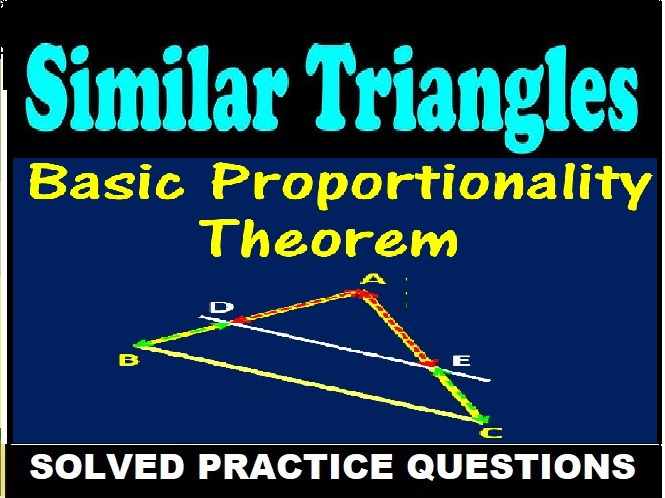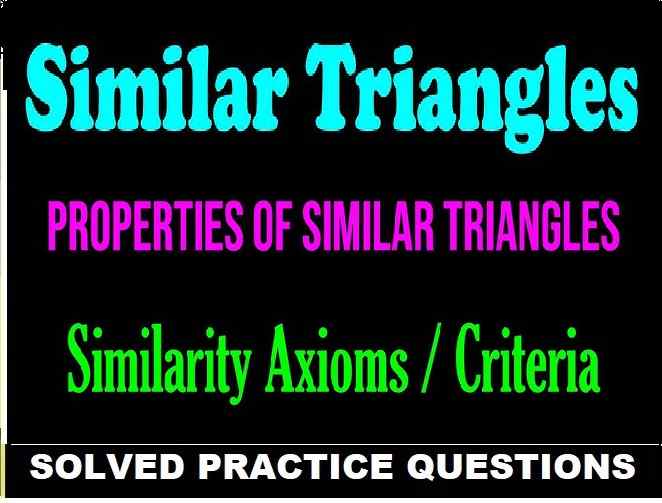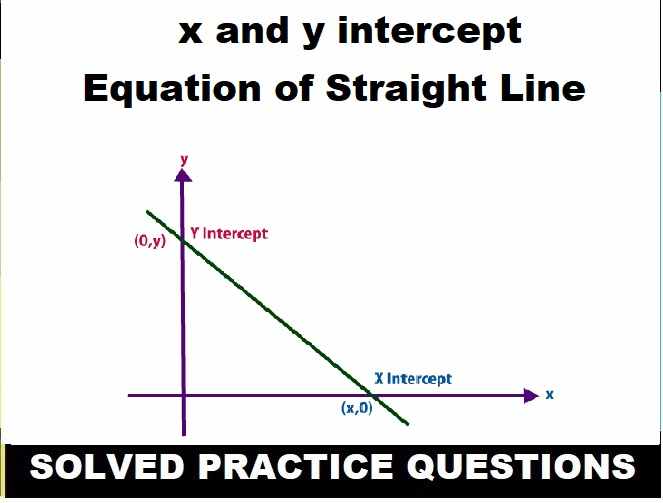ML Aggarwal Rational and Irrational Number MCQs Class 9 ICSE Maths Solutions. We Provide Step by Step Answer of MCQs Questions for Rational and Irrational Number as council prescribe guideline for upcoming board exam. Visit official Website CISCE for detail information about ICSE Board Class-9.
ML Aggarwal Rational and Irrational Number MCQs Class 9 ICSE Maths Solutions
| Board | ICSE |
| Subject | Maths |
| Class | 9th |
| Chapter-1 | Rational and Irrational |
| Topics | Solution of MCQs Questions |
| Edition | 2024-2025 |
Rational and Irrational Number MCQs
ML Aggarwal Class 9 ICSE Maths Solutions
Multiple Choice questions:
Question 1. Choose the correct statement:
(a) Reciprocal of every rational number is a rational number.
(b) The square roots of all positive integers are irrational numbers.
(c) The product of a rational and an irrational number is an irrational number
(d) The difference of a rational number and an irrational number is an irrational number.
Answer: (d) The difference of a rational number and an irrational number is an irrational number.
Question 2. Every rational number is
(a) A natural number
(b) An integer
(c) A real number
(d) A whole number
Answer: (c) A real number
Question 3. Between two rational numbers
(a) There is no rational number
(b) There is exactly one rational number
(c) There are infinitely many rational numbers
(d) There are only rational numbers and no irrational numbers.
Answer: (c) There are infinitely many rational numbers
Question 4. Decimal representation of a rational number cannot be
(a) Terminating
(b) Non-terminating
(c) Non-terminating repeating
(d) Non-terminating non-repeating
Answer: (d) Non-terminating non-repeating
Question 5. The product of any two irrational numbers is
(a) Always an irrational number
(b) Always a rational number
(c) Always an integer
(d) Sometimes rational, sometimes irrational
Answer: (a) Always an irrational number
Question 6. The division of two irrational numbers is
(a) A rational number
(b) An irrational number
(c) Either a rational number or an irrational number
(d) Neither rational number nor irrational number
Answer: (c) Either a rational number or an irrational number
Question 7. Which of the following is an irrational number?
(a) √4/9
(b) √12/√3
(c) √7
(d) √81
Answer: (c) √7
Question 8. Which of the following numbers has terminating decimal representation?
(a) 3/7
(b) 3/5
(c) 1/3
(d) 3/11
Answer: (b) 3/5 = 3×2/5×2 = 6/10 = 0.6
Question 9. Which of the following is an irrational number?
(a) 0.14
(b) 0.1416
(c) 0.1416
(d) 0.4014001400014…
Answer: (d) 0.4014001400014..
ML Aggarwal Rational and Irrational Number MCQs Class 9 ICSE Maths Solutions
Page 36
Question 10. Which of the following numbers has non-terminating repeating decimal expansion?
(a) 11/80
(b) 17/160
(c) 63/240
(d) 93/420
Answer:
(c) 63/240
Question 11. A rational numbers between √2 and √3 is
(a) √2+√3/2
(b) √2×√3/2
(c) 1.5
(d) 1.8
Answer: (c) 1.5, √2 = 1.44, √5 = 1.732
Question 12. The decimal expansion of 2 – √3 is
(a) Terminating and non-repeating
(b) Terminating and repeating
(c) Non-terminating and non-repeating
(d) Non-terminating and repeating
Answer: (c) Non-terminating and non-repeating
Question 13. The decimal expansion of the rational number 33/22×5 will terminate after
(a) One decimal place
(b) Two decimal places
(c) Three decimal places
(d) Four decimal places
Answer: (b) Two decimal places.
33/22×5 = 33×5/22×52 = 33×5/102 – 33×5/100
Since no. of zeros is 2.
Question 14. √10×√15 is equal to
(a) 6√5
(b) 5√6
(c) √25
(d) 10√5
Answer: option (b) 5√6 is correct
Hint: √10 × √15
= √2 × √5 × √3 × √5
= 5 × √6
= 5√6
Question 15. 2√3 + √3 is equal to
(a) 2√6
(b) 6
(c) 3√3
(d) 4√6
Answer: 2√3 + √3
= 3√3 option (c) is correct
Question 16. The value of √8 + √18 is
(a) √26
(b) 2 (√2 + √3)
(c) 5√2
(d) 6√2
Answer: (c) 5√2 is correct
Hint : √8 + √18
= √2 ×√4 + √2 × √9
= √2 (2+3)
= 5√2
Question 17. The number (2 – √3)2 is
(a) A natural number
(b) An integer
(c) A rational number
(d) An irrational number
Answer: (d) An irrational number is correct
Hint : (2 – √3)2 = 22 – 2 × 2 ×√3 + (√3)2
= 4 – 4√3 + 3
= 7 – 4√3 is an irrational number
Question 18. If x a positive rational number which is not a perfect square, then -5√x is
(a) A negative integer
(b) An integer
(c) A rational number
(d) An irrational number
Answer:
(d) Irrational number
Question 19. If x, y are both positive rational numbers, then (√x + √y) (√x – √y) is
(a) A rational number
(b) An irrational number
(c) Neither rational nor irrational number
(d) Both rational as well as irrational number
Answer:
(√x + √y) (√x – √y) = (√x)2– (√y)2. x – y is a rational number option (c) is correct
Question 20. After rationalising the denominator of 7/3√3-2√2, we get the denominator as
(a) 13
(b) 19
(c) 5
(d) 35
Answer:
7/3√3-2√2 = 7/3√3-2√2 × 3√3+2√2/3√3+2√2 = 21√3+14√2/(3√3)2-(2√2)2
= 7(3√3+2√2)/17-8 = 7(3√3+2√2)/19 option (b) is correct
Question 21. The number obtained on rationalising the denominator of 1/√7-2 is
(a)√7+2/3
(b) √7-2/3
(c) √7+2/5
(d) √7+2/45
Answer:
1/√7-2 = 1/√7-2 ×√7+2/√7+2
= √7+2/(√7)2-22
= √7+2/7-4
= √7+2/3
option is correct (a) √7+2/3
— : End of ML Aggarwal Rational and Irrational Number MCQs Class 9 ICSE Maths Solutions :–
Return to :- ML Aggarawal Maths Solutions for ICSE Class-9
Thanks
Please Share with Your Friends


